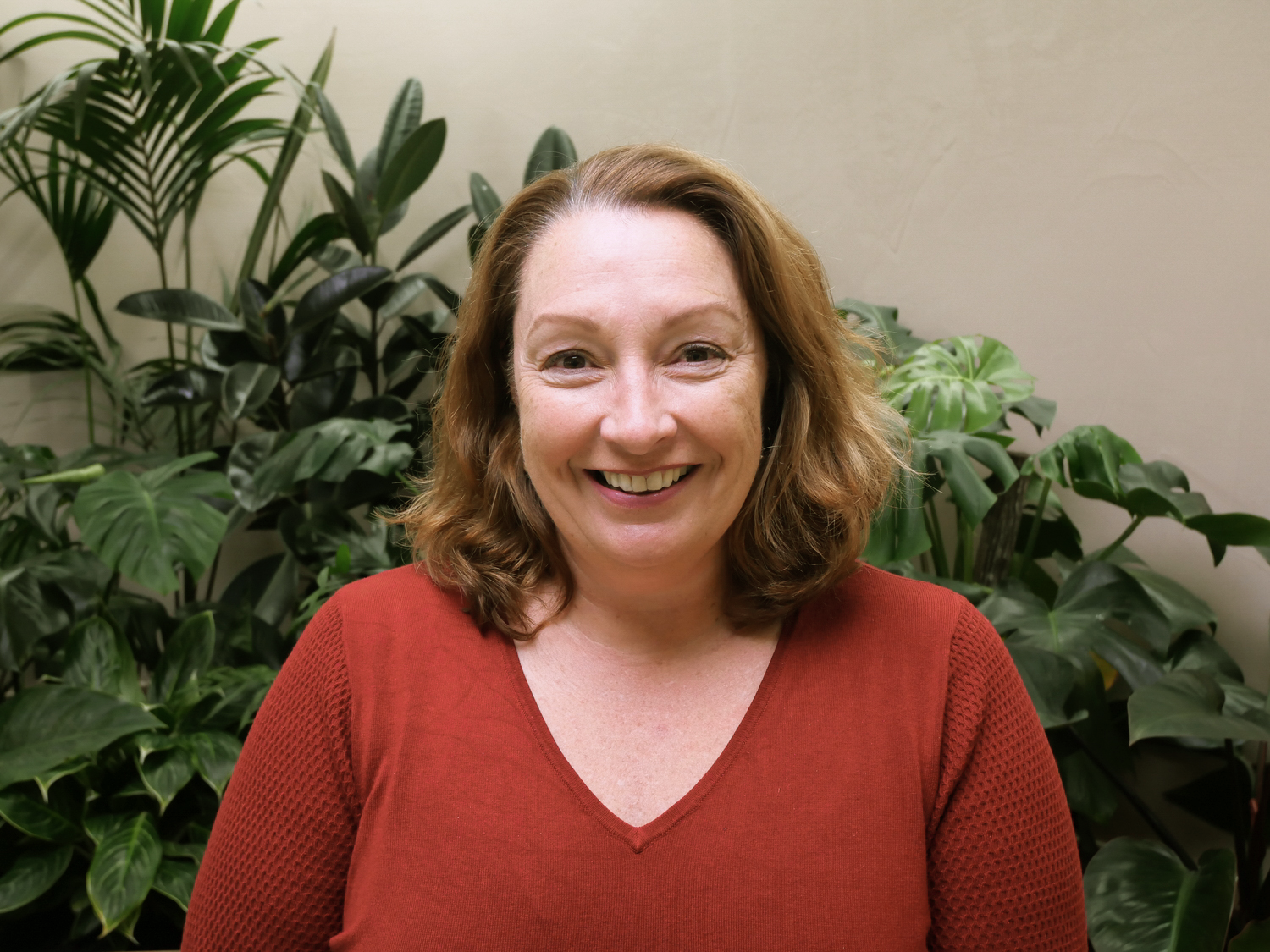In conversation with… Kerry Tickle
Fund Manager, Cromwell Property Group

Fund Manager, Cromwell Property Group
Cromwell Fund Manager Kerry Tickle is an experienced financial and property professional with almost two decades of experience within the organisation.
Skilled in financial modelling and analysis; asset and funds management; and investment strategy, Kerry is one of the key figures driving Cromwell’s funds forward. She holds a Bachelor of International Business (Economics), an Associate Diploma of Management Accounting from CIMA.
Kerry is the Fund Manager for Cromwell Direct Property Fund; Cromwell Riverpark Trust and Cromwell Property Trust 12.

As an economics graduate who knew nothing about property – and who was obviously still very ‘green’ – I very quickly found the commercial property sector a really exciting industry to work in.
I’ve always loved working on something where the real, tangible results of my work can be seen. I’m a very analytical person by nature, so I was quickly drawn in by, and found my footing with, the quantitative aspects of the job – I really enjoyed being involved with all the mathematics and metrics behind the decision-making processes.
I’ve also loved the variety that my roles have given me – working directly with not just a wide range of tenants, but property and facilities managers, external agencies, lawyers, and lenders. There’s a huge number of people Cromwell works with, and we’re working on behalf of the most important people of all – our investors – whether they be the mum and dad investors, or the larger wholesale and institutional investors.
I came to Cromwell after having spent six years based in London, working for an international fund manager, mostly in asset and funds management across central and eastern Europe.
I was interviewed for the role while I was still living in the UK and was excited to come back to work for a Queensland-based fund manager. I think it has been the diversity of my roles within Cromwell, and the opportunity for career advancement, that has kept me here. Yes, I’ve been here nearly 20 years, but I’ve held multiple roles – ranging from transactions, where I ran the financial due diligence process; property and fund analytics; through to treasury and now funds management.
I’ve had the opportunity to get involved in some big projects – the first of which was the merger and stapling back in 2006 – capital raisings, JV partnerships, new funds, software implementations, modelling projects, and large senior debt restructures and refinancings.
I’m lucky that, in my role, I get to work with most people across the broader Cromwell business.
In a typical day, I’ll generally work with asset managers who look after the properties within our funds – this could be on decisions related to leasing or capex; I liaise with Cromwell’s transactions team on potential acquisitions and disposals; and I’ll speak to members of our treasury team regarding debt capital, such as refinancing or hedging, and to our finance team on reporting.
I collaborate with members of the funds management operations team to efficiently address queries from advisers, investors, or research houses and with our risk team on regulatory compliance. I also work closely with our fund analyst on financial modelling and reporting for our funds.
I recognised that coming into the role of Fund Manager in December 2022 would be a huge challenge. Thanks to a whole host of external market factors, including inflation and historic rate rises by the RBA, we’ve seen some real pressure on valuations and liquidity. The funds management team has been carefully managing the balance sheets and liquidity of our funds from the ground up – this has been, and remains, a real team effort. These decisions could range from the timing of capital spend on the portfolio, structuring of lease deals (particularly how incentives are paid), debt structuring, and setting distribution rates.
I work very closely with our asset managers on optimising the performance of the properties within our funds, which includes our valuation cycle, and work with the treasury team on how to best manage the relationships with our lenders.
Distributions and unit prices are, understandably, at the front of investors’ minds, so we work with Cromwell’s research and marketing teams to accurately report correct, timely, and relevant information to investors. In relation to our open-ended Cromwell Direct Property Fund, we also need to factor in maintaining or bettering our rating, as this will influence our inflows.

Simply put, the property cycle is stages of market activity and value over time, driven by supply and demand. Unfortunately, this process is largely a result of, and at the mercy of, macroeconomic and geopolitical forces outside of our control – for example, the COVID-19 pandemic and resulting structural shift in how businesses work.
Let’s face it, flexible (hybrid) working wasn’t a core consideration for businesses five years ago. The Russia/Ukraine conflict escalation was unexpected, as was the steepest hiking of interest rates in living memory. High inflation with cost-of-living pressures – and sharp increases in construction costs – all factor into dictating how the property cycle plays out, but it’s Cromwell’s responsibility to manage our unitholders’ investments through these cycles and get the best possible outcomes for them.
We’ve seen high interest rates and inflation, alongside low transactional volumes, massively impact commercial property valuations, and create a huge gap in the pricing expectations of sellers and buyers. Deals are being struck at opportunistic pricing levels, and then that sales evidence is contributing to pressure on valuations and the funds’ liquidity and cashflows.
However, I’m hopeful that we’re currently heading into a recovery phase – which will see our interest rates stabilise, and hopefully start falling, and increased demand from both domestic and off-shore capital driving prices back up.
Cromwell’s fully integrated model is a huge strength for our business and is something that differentiates us from a lot of our competitors in the market. There is an incredible depth of knowledge and expertise within all of our departments – including property, facilities, project and development management, and leasing.
For tenants, having everything in-house means that we can offer a boutique, hands-on service model, but still have the experience and service delivery of a large-scale landlord. Tenants know that, if they need to pick up the phone to rectify an issue or make a request, they’re immediately able talk directly to a Cromwell representative.
Similarly, if an investor picks up the phone to make an enquiry, they’ll be able to speak directly to a Cromwell representative working inside our Brisbane-based head office.
In this way, Cromwell is able to create operational efficiencies and cost savings by streamlining our systems and procedures and keep control where it belongs – with us – on all management decisions. This model ensures that all of our properties are managed and maintained to the highest standards, which leads to greater tenant retention – and, in turn, better investor outcomes.
Having this kind of operational control allows Cromwell to have greater flexibility in quickly responding to market changes, tenant demands, and operational changes. Again, this translates to better outcomes for investors in terms of both income and capital returns, through a well-run and profitable portfolio.
That’s an easy question to answer – I enjoy working with the people here. I genuinely feel privileged to work with the people I do – they’re incredibly talented and hardworking. I really love not only being part of the funds management team at Cromwell but working with everyone across every department in our Brisbane and Sydney offices.
Information on commercial property investing, plus the latest industry research and insights, are available on our learn page to help you start planning your investment journey.